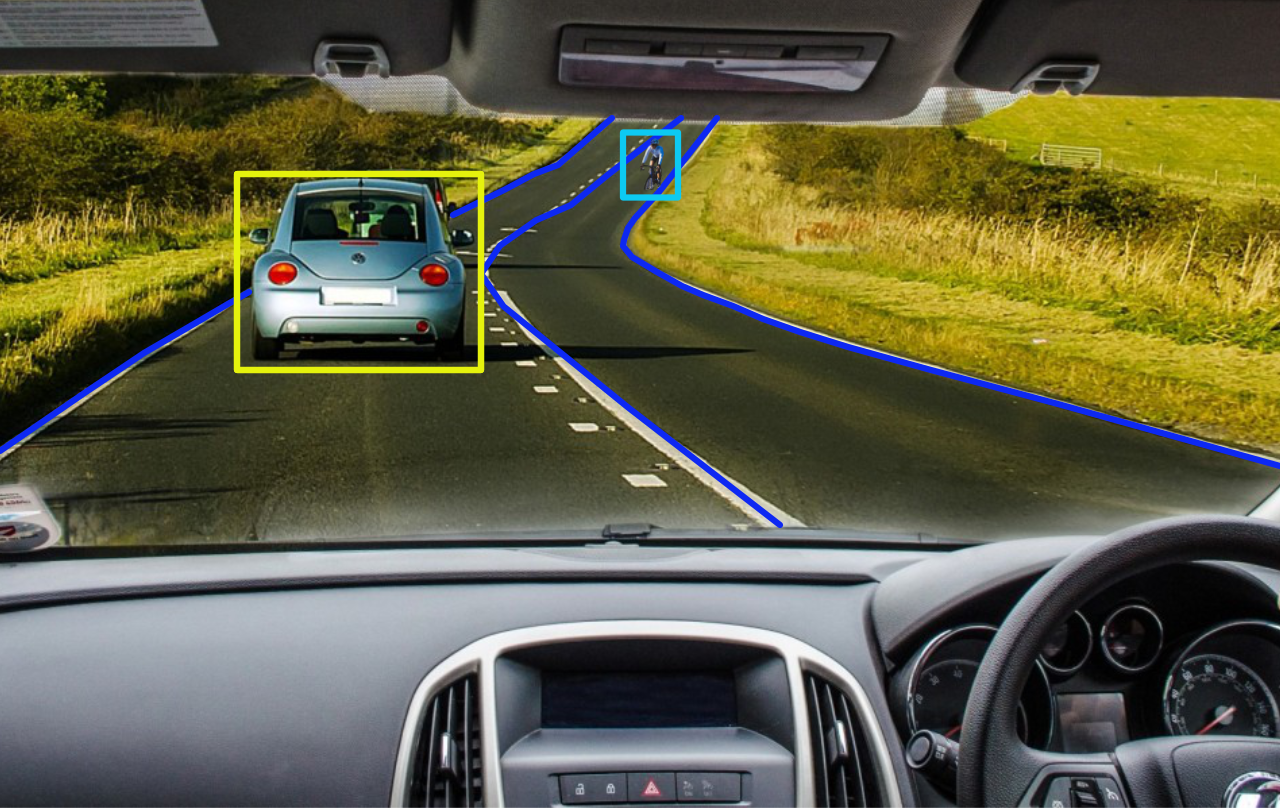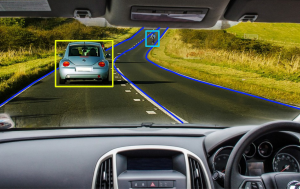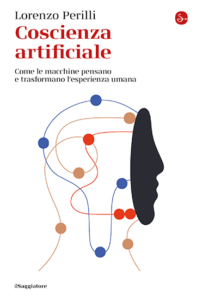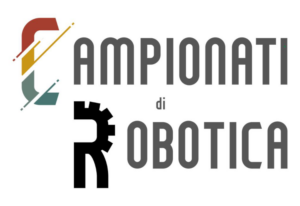
SPS Italy 2025 Parma. Women in ICT, a question of justice, an urgent need
SPS Italia and Scuola di Robotica are organising a work table dedicated to girls and young people: students from technical institutes, ITS and engineering universities

 Autonomous cars, and in general self-driven vehicles, are becoming more and more widespread and performing, and they are revolutionizing our concept of transport. This revolution, however, raises many ethical, legal, and social questions. Whose responsibility is it, for example, in the event of an accident involving autonomous vehicles? The manufacturer? The programmers? The driver? Or, if the car can make decisions in total autonomy, what criteria should it adopt in case the choice involves damage? Or, again, are autonomous vehicles – and in general all robots – taking away jobs? All these questions provide many suggestions for educational activities, in which these essential and topical issues can be explored and addressed.
Autonomous cars, and in general self-driven vehicles, are becoming more and more widespread and performing, and they are revolutionizing our concept of transport. This revolution, however, raises many ethical, legal, and social questions. Whose responsibility is it, for example, in the event of an accident involving autonomous vehicles? The manufacturer? The programmers? The driver? Or, if the car can make decisions in total autonomy, what criteria should it adopt in case the choice involves damage? Or, again, are autonomous vehicles – and in general all robots – taking away jobs? All these questions provide many suggestions for educational activities, in which these essential and topical issues can be explored and addressed.
Luca Gilardi within the course “mBot in didactics” has created a teaching unit on autonomous vehicles, from which the following video presentation is extracted: https://www.youtube.com/watch?v=LhuKPwkJi4M (ITA)
To find out more, learn more about this and many other topics, you can sign up for the “mBot in Didactics” course, more information here: https://www.scuoladirobotica.it/product/mbot-nella-didattica-corso-online/ (Course actually available only in Italian, please contact us if you are interested in the English version).
At Maker Faire 2019, School of Robotics, in collaboration with I-RIM, CNR and some experts organized a seminar dedicated to the problems raised by autonomous vehicles. You can consult the experts’ speeches here: http://i-rim.scuoladirobotica.it/
Self-driving cars: what are the problems?
“Buying a car without the hardware needed for self-driving is like buying a horse”, this is a quote from visionary entrepreneur Elon Musk, from his public conference in 2019.
The topic of autonomous vehicles is very topical and debated. It provides food for thought and ideas for a multitude of engaging lessons, where active discussion on ethical, legal, and scientific issues is stimulated.
Autonomous cars will revolutionize the way we think about transport.
What do we expect from the future? Let’s try to imagine it!
The car-sharing system will no longer be with the driver, but with cars that can be called up with a tap on the smartphone. Vehicles of this type could also be interconnected, in this way traffic could be optimized, reducing and optimizing travel times. Besides, the risk of road accidents will be significantly reduced. But it is not only cars that are autonomous: there are, and it will be trains, subway lines, buses, and heavy vehicles. In this way, broad categories of workers can be exempted from tiring and stressful work, as well as gaining in efficiency and functionality.
In the unfortunate event that an accident should occur, however, a profound ethical and legal issue comes into play: whose responsibility for the accident is it?
And even in the short term, we will have job losses due to the advancement of robotics. Think about these issues with your students!
Exercises: Create a real discussion, with the methodology of the debate, you can bring out very interesting ideas and opinions!
Based on these considerations, we can develop our business. We can, for example, ask for a theme or a report to be written, make a video, write a newspaper article or any other activity that allows us to analyze the topic.
We will use robots to simulate vehicles that can perform driving actions autonomously, for example, avoiding obstacles or recognizing a free parking space and then park.
You can also work on basic mathematics and programming concepts.
Now it’s your turn: try to create a program that allows mBot to simulate the train of a subway: it will have to move in a straight line on a white surface. It will have to use the reflected light sensor to recognize black notches that identify a station, and when it is detected the robot will have to simulate the train stop by stopping for a few seconds and starting again.

SPS Italia and Scuola di Robotica are organising a work table dedicated to girls and young people: students from technical institutes, ITS and engineering universities

DICOLAB courses are developed to improve the skills of the staff of the Italian Ministry of Culture and other public administrations, of the staff of

Lorenzo Perilli, Director of the Department of Literature, Philosophy and Art History at the University of Rome Tor Vergata, is a philologist and historian of

The Italian initiative, promoted by the Ministry of Education and Merit, as part of the Robotics Championships project, aims to enhance students’ scientific and technical
Write here your email address. We will send you the latest news about Scuola di Robotica without exaggerating! Promised! You can delete your subscription whenever you want clicking on link in the email.

© Scuola di Robotica | All Rights Reserved | Powered by Scuola di Robotica | info@scuoladirobotica.it | +39.348.0961616 +39.010.8176146 | Scuola di robotica® is a registered trademark